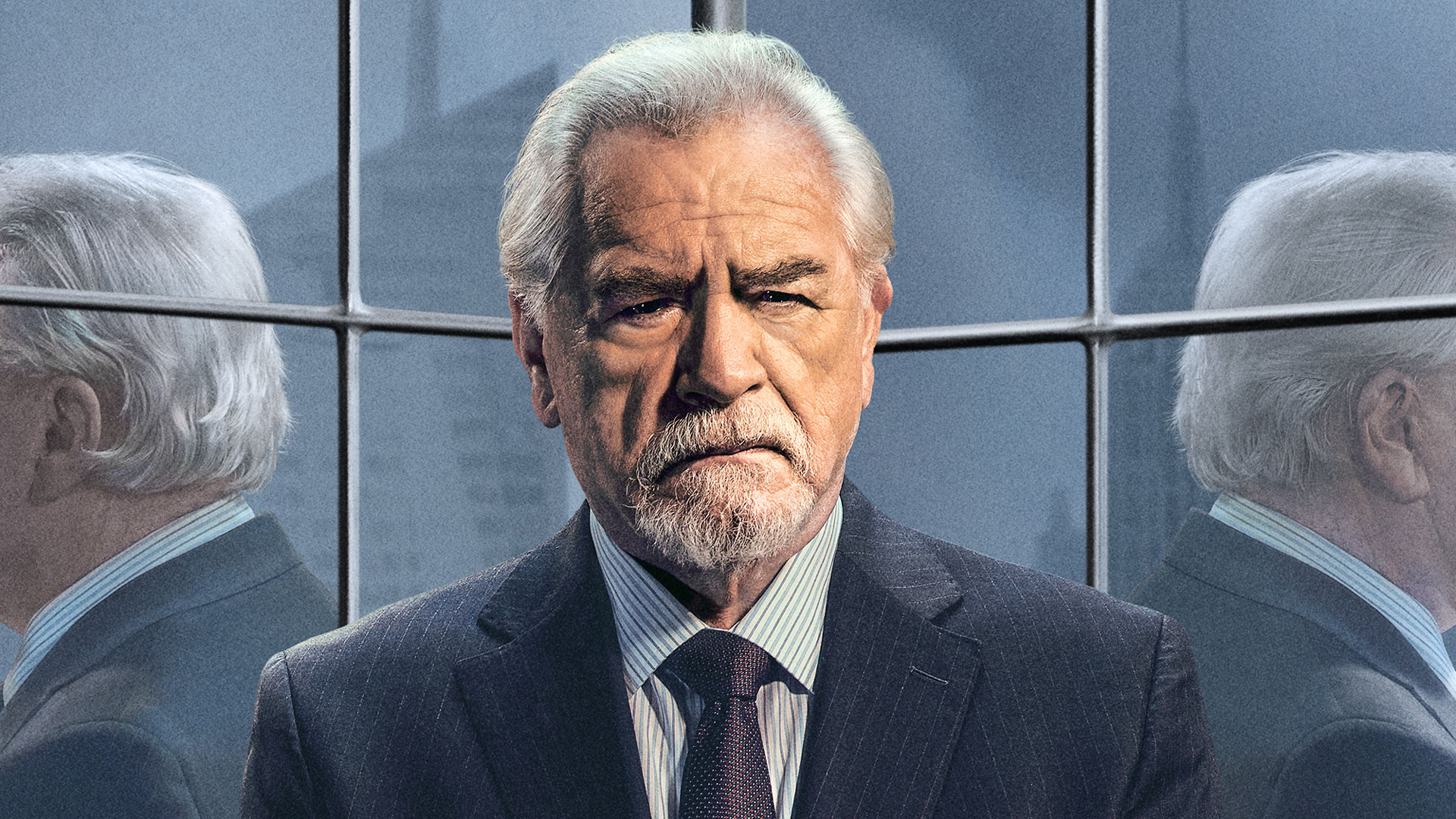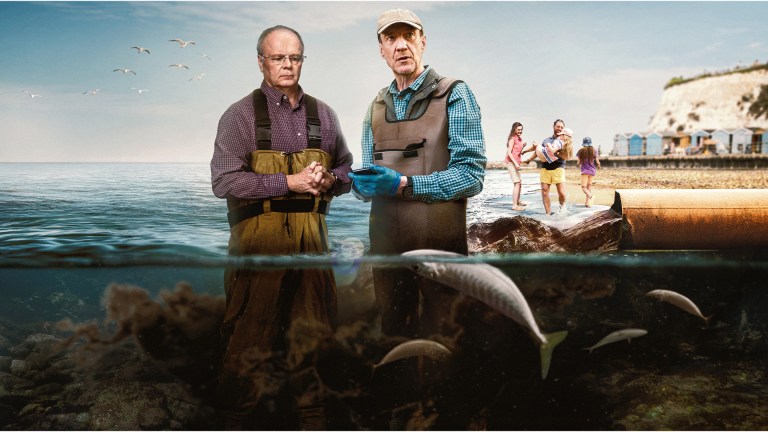HBO’S hugely successful Succession has always worked on multiple levels. Ostensibly a drama about board-room warfare, it’s also a treatise on family dynamics, the poisoning effect of extreme wealth and the eroding of personal principals. To that we can add an artful and occasionally devastating deconstruction of the forms grief can take. Last week the show gave us the joltingly sudden off-screen death of patriarch/neglectful father/power hungry abuser Logan Roy (Brian Cox). It was an astonishing piece of television; an audacious landmark that took the biggest of swings and smacked the ball into the middle distance.
This week’s chapter, ‘Honeymoon States’, drops us into the aftermath as Logan’s family and colleagues (it seems a stretch to say that Logan Roy had anything as pedestrian as “friends”) meet at the Roy’s Manhattan home for a hastily arranged wake-cum-board meeting. It’s an expertly written exploration of the obscure and conflicting grief that occurs when the person lost was powerful, cruel, abusive, and has ensured they remained the central figure in everyone’s life.
Succession shows all four Roy siblings handling it differently: there’s Roman (Kieran Culkin), who has been thinking about this for so long he suspects he’s “pre-grieved” and gotten it out of his system. He’s also the only character in the entire show to display any sort of compassion to someone else. There’s Kendall (Jeremy Strong), who last week said of his father, “I love you, but I can’t forgive you”; he’s got “the best grief guy in the world” to take his call overnight and give him some pointers but is also so clearly desperate for someone to give him a hug that he even reaches out to slimeball old friend Stuey. There’s Shiv (Sarah Snook), whose world seems to have been shattered, still struggling to deal with absence of the only person whose approval she ever sought, feeling partly responsible for forcing him to take the journey on which he died. And there’s half-brother Conner (Alan Ruck), newly married, whose response to his father’s death was to say “he never loved me”, and whose first action the next day is to try and buy his house.
Each suffered at Logan’s hands one way or another. The three younger siblings had their power brutally removed at the end of the last season after years of being played against each other. We also learn that Logan’s unnamed first wife, Connor’s mother, was abused and gaslit into psychiatric care.
- Robin Ince: My Dad is gone, but our shared love of books remains
- ‘Does Logan love his kids? My knee-jerk reaction is yeah’: Succession creator Jesse Armstrong shares the show’s secrets
- 8 Hollywood A-listers Brian Cox trashes Logan Roy-style in his new book
Given this, you might expect a sense of relief, a lifting of pressure, yet the episode’s primary tone is of uncertainty and mourning. According to Linda Magistris, founder of The Good Grief Trust, a charity that helps people deal with bereavement, this would not be unexpected.
“It’s important to recognise that grief can be complex and is a multifaceted experience,” she says. “It may not just be about mourning the loss of someone you love, but you may also need to deal with the intricacies of your relationship with that person, both positive and negative. Feelings of guilt, unresolved issues, and the burden of negative relationships can all contribute to increased layers of the grieving process.” It’s a statement that maps well onto those mourning the fictional Logan Roy.









